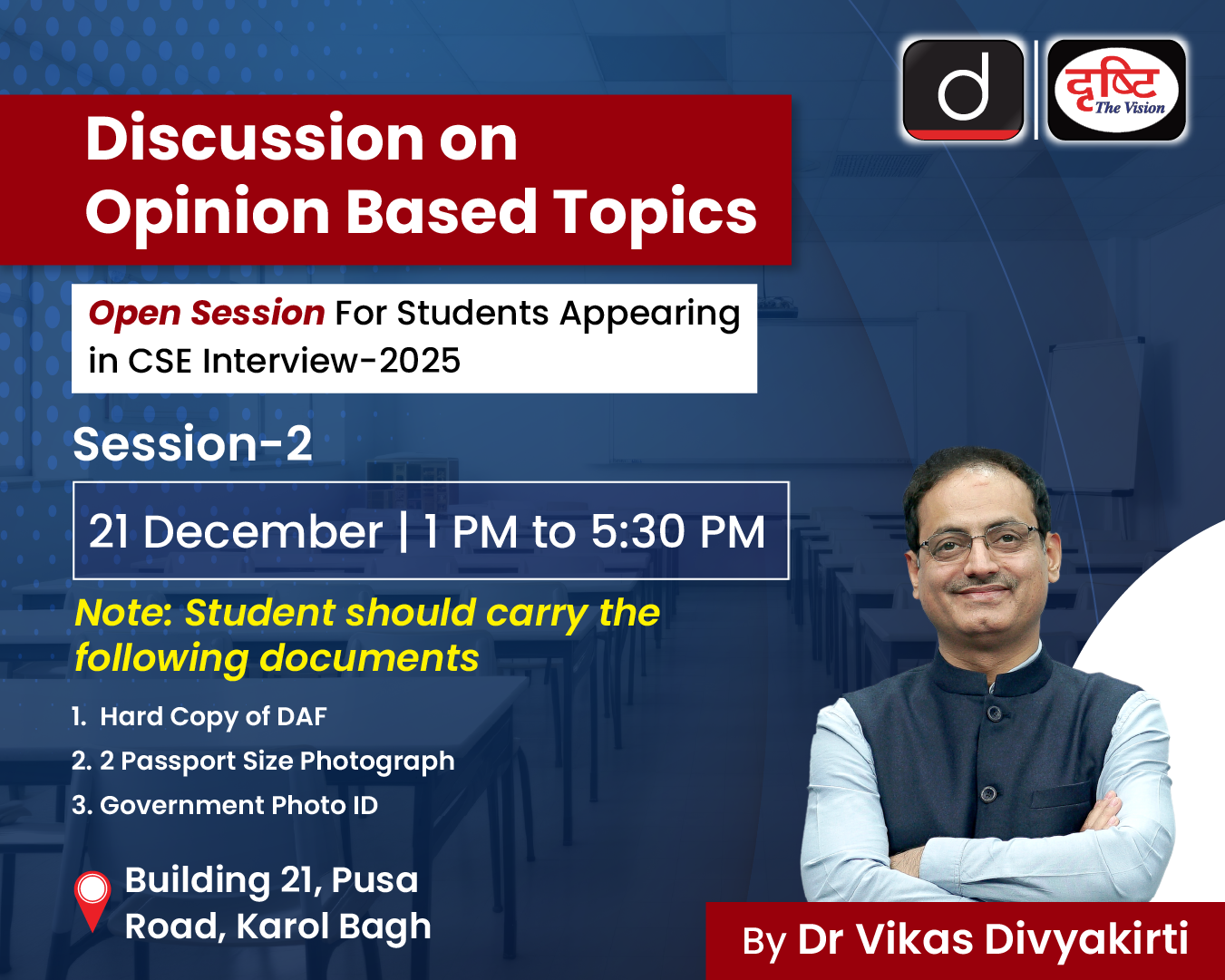Governance
Cabinet Approved Changes to POCSO Act
- 29 Dec 2018
- 6 min read
The Union Cabinet has approved amendments to the Protection of Children from Sexual Offences (POCSO) Act, 2012 to make punishment more stringent for committing sexual crimes against children.
- The earlier amendment allowed the death penalty only in cases of sexual assault of girls below 12 years but now it will be applicable to boys also.
Key Amendments
- Gender neutral: The amendment will include the death penalty in all cases of aggravated penetrative sexual assault against children, both boys and girls, below the age of 18, thus making the Act gender neutral.
- Definition: The definition of ‘sexual assault’ in POCSO has been amended to include administering hormones to children expedite their sexual maturity for the purpose of commercial sexual exploitation.
- The existing definition covers 20 categories of penetrative sexual crimes against children and the Cabinet has approved adding sexual assault of children who are victims of calamities or natural disasters, taking it up to 21 categories.
- New category: The Ministry of Women and Child Development has cited reported rapes of young girls in the aftermath of Kedarnath floods and that children constitute 50-60% of victims of calamities to make a case for including rapes in course of natural calamities as the 21st category.
- List of perpetrators: The 21 categories under aggravated penetrative sexual assault cover child victims who have been subject to penetrative sexual assault by a police officer or a member of the armed forces or security forces, by a public servant, a relative, the staff of a jail or remand home or protection home, staff of a hospital, educational institution, or religious institution among others.
- More stringent punishment: The amendments extend the punishment for aggravated penetrative sexual assault from a minimum of 10 years to a minimum of 20 years, up to a maximum of life imprisonment and even the death penalty under Section 6 of POCSO Act.
- Punitive measures have been made more stringent in cases where children are used for pornography as well as for storing such content.
- It also includes the gangrape of a child or use of deadly weapons during penetrative sexual assault, a sexual assault that incapacitates the child physically or mentally, makes a girl child pregnant, inflicts the child with HIV or any life-threatening disease.
- The maximum punishment of death will also be applicable when sexual assault victims are children with mental or physical disabilities, in cases of repeat offenders, rape and attempt to murder, and rape during communal violence.
Analysis
- The amendments may protect the interest of vulnerable children in times of distress and ensure their safety and dignity.
- The amendment is expected to discourage the trend of child sexual abuse by acting as a deterrent due to strong penal provisions incorporated in the Act.
- However data shows that less than 3% of all POCSO cases end in convictions and experts warn against the chilling effect the death penalty may have on reporting the crime.
- Systemic changes in law enforcement and prosecution hold the key to tackling child sexual abuse.
Protection of Children from Sexual Offences (POCSO) Act, 2012
- The POCSO Act, 2012 was enacted to Protect the Children from Offences of Sexual Assault, Sexual harassment and pornography with due regard for safeguarding the interest and well-being of children.
- The Act defines a child as any person below eighteen years of age, and regards the best interests and welfare of the child as matter of paramount importance at every stage, to ensure the healthy physical, emotional, intellectual and social development of the child.
- The Act defines different forms of sexual abuse, including penetrative and non penetrative assault, as well as sexual harassment and pornography.
- The Act deems a sexual assault to be “aggravated” under certain circumstances, such as when the abused child is mentally ill or when the abuse is committed by a person in a position of trust or authority like a family member, police officer, teacher, or doctor.
- The Act also casts the police in the role of child protectors during the investigative process.
- The Act stipulates that a case of child sexual abuse must be disposed of within one year from the date the offence is reported.
POCSO e-Box
- Protection of Children from Sexual Offences (POCSO) e-Box launched in 2016 is an online complaint box for reporting child sexual abuse.
- It is an National Commission for Protection of Child Rights (NCPCR) initiative to help children report such crimes directly to the Commission.
- The online complaint management system enables easy reporting and timely action against the offenders under the POCSO Act, 2012.
- E-Box is very simple to operate and will help to maintain the confidentiality of the complaint.







